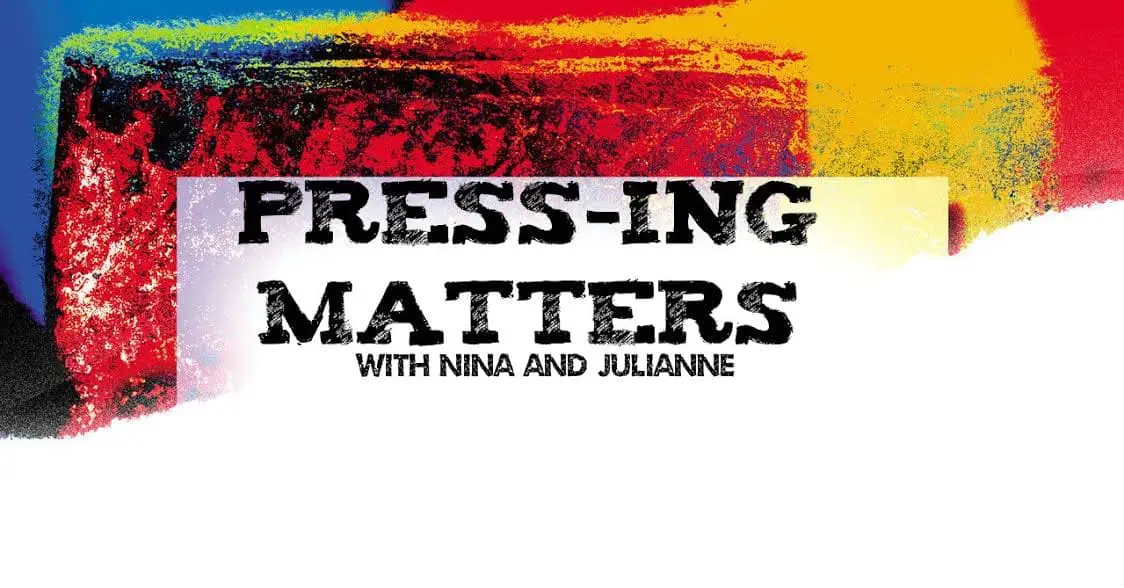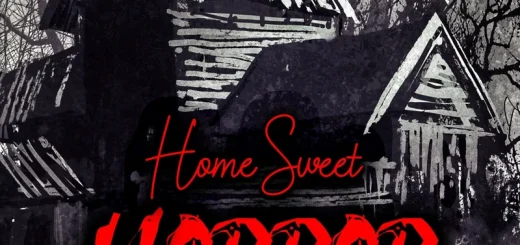Press-ing Matters: The Friendly Red Pen

A good number of authors that I encounter in the fiction writing community seem to feel that an editor’s word is the final say on all things, good or bad. I disagree with this way of thinking.
As a writer and an editor myself, I feel it’s highly important to find an editor you can work collaboratively with, not for. I know that sounds a bit odd considering the author contracts the editor to work for them, but stick with me on this and I’ll walk you through it.
One of the key concepts many authors lose sight of when working with their editor is that the piece they are working on is still their own creation. They have a right to disagree with editorial suggestions and should question their editor on anything that doesn’t make sense to them. Far too many authors buckle to the pressure of the editorial authority assumed by both parties.
I’m not suggesting that an author disregard their editor’s corrections – some things are simply wrong and require change. However, many points an editor might bring up may be considered subjective based on how they’ve read the piece, and once an open dialogue between writer and editor is established, an acceptable solution to what may become a sticking-point could easily, if not time consumingly, be resolved. Many editors would argue that my use of the term ‘consumingly’ is wrong. In a sense, they would be correct, this word is ‘wrong’. However, I’m not writing this to be correct, I’m writing it to be effective, therefore my use of an aberration of the term ‘consume’ is subjectively acceptable.
When creating a literary piece, the lines of right and wrong are far more clear. When creating a work of fiction, they can and should be blurred to effectively draw a reader into the story and not alienate them from the text. This is the result of a friendly red pen. I am in no way stating that a writer should go to war with their editor. The message here is a very clear one: the concept of the writer’s creation is their own, and to produce the best possible work, they should invest a little time in questioning suggested edits they don’t care to make, or may not fully understand the reasoning behind and not fall victim to the time-honored tradition of believing their editor to be infallible. Subsequently, the author shouldn’t hand the work over and expect a piece of brilliance they didn’t initially deliver to be returned to them – that’s what ghostwriters are for. I’m not singling out the editor as ‘the villain’ here, but merely suggesting that both recognize the importance of the other and treat each other with a kindness and equity afforded their collective talents.
- About the Author
- Latest Posts
Nina D’Arcangela is a quirky horror writer who likes to spin soul rending snippets of despair. She reads anything from splatter matter to dark matter. She’s an UrbEx adventurer who suffers from unquenchable wanderlust. She loves to photograph abandoned places, bits of decay and old graveyards. Nina is co-owner of Sirens Call Publications, co-founder of the horror writer’s group ‘Pen of the Damned’, and if that isn’t enough, put a check mark in the box next to owner and resident anarchist of Dark Angel Photography.












